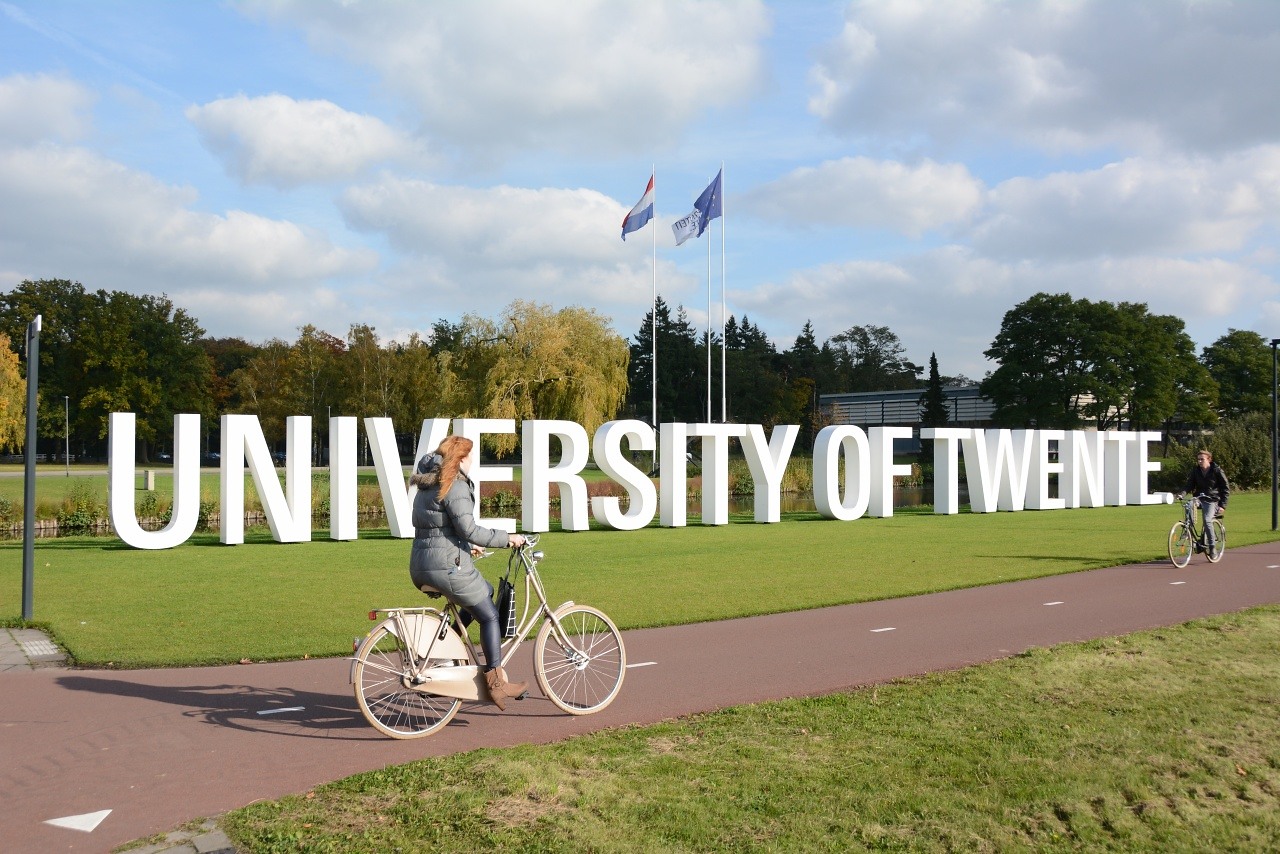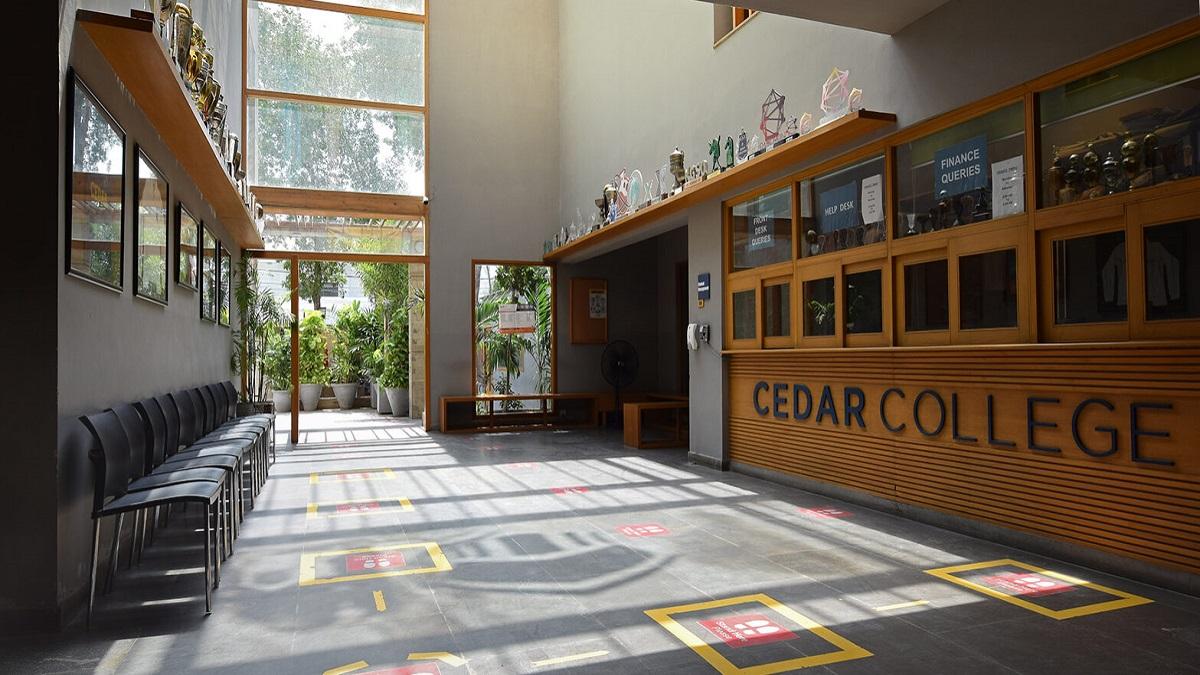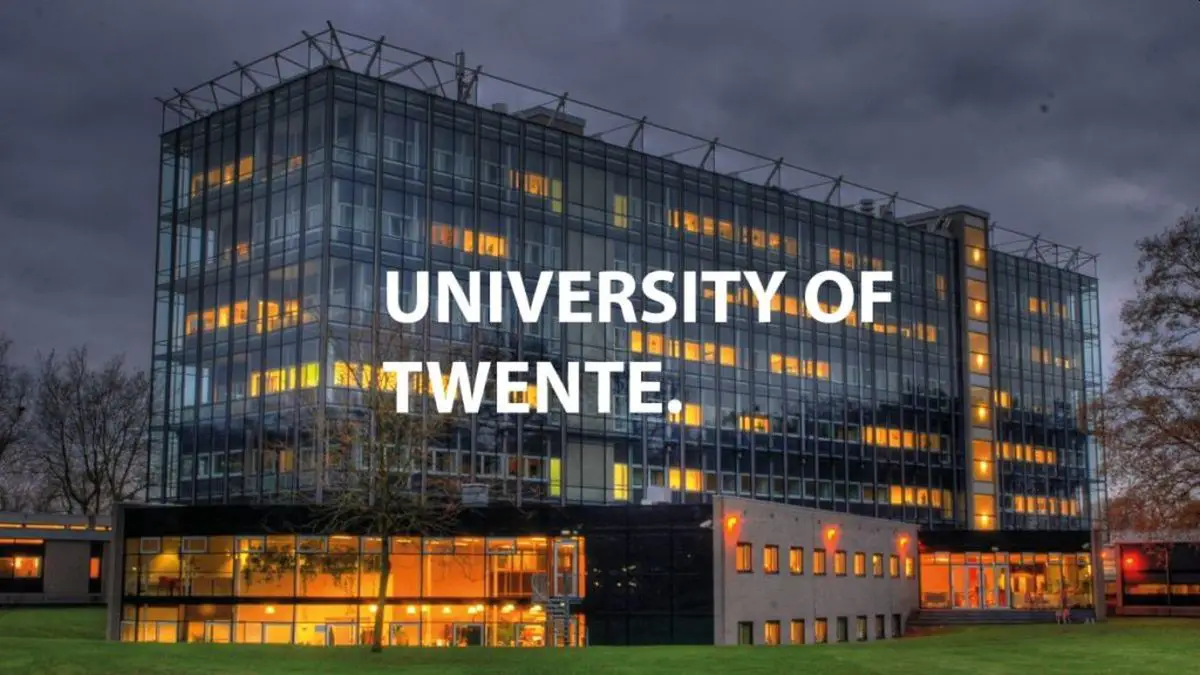University of Twente: A Pioneer in High-Tech and Human Touch
Origins and Founding Philosophy
The University of Twente, located in Enschede in the eastern Netherlands, was founded in 1961 as a response to the growing demand for technically skilled professionals in post-war Europe. From the very beginning, it set out to break away from traditional academic models by offering a blend of technological excellence and societal awareness. Unlike older Dutch institutions rooted in classical education, the University of Twente emphasized practical application, entrepreneurship, and cross-disciplinary collaboration. if you want change your life so click here
Its founding vision was clear: to combine technical innovation with social responsibility. Situated on the grounds of a former military academy, the university quickly transformed into a hub for knowledge-driven growth and regional development. What made it especially unique was its campus model—the first of its kind in the Netherlands. Rather than dispersing faculties across a city, the University of Twente was designed as a compact, self-contained environment where students, researchers, and staff could live, work, and study together. This approach fostered a strong sense of community and facilitated close interaction between different fields of study.

Over the decades, the university has expanded its mission to not only train engineers and scientists but also to prepare future leaders in business, policy, and human sciences. It has stayed true to its motto—“High Tech, Human Touch”—which continues to define its identity and guide its evolution in the 21st century.
Academic Programs and Educational Approach
The University of Twente offers a wide array of bachelor’s, master’s, and doctoral programs that span both the technical and social sciences. Its educational philosophy stands out through its project-based learning model, which emphasizes collaboration, creativity, and real-world relevance. Instead of relying solely on traditional lectures and exams, students participate in hands-on projects, case studies, and interdisciplinary teamwork that simulates professional environments.
Bachelor’s programs include areas like Mechanical Engineering, Computer Science, Industrial Design, International Business Administration, and Psychology. Many are taught in English, reflecting the university’s strong international orientation. At the graduate level, programs become even more specialized, covering fields such as Biomedical Engineering, Sustainable Energy Technology, Nanotechnology, Philosophy of Science, and Public Administration. Each program is designed to integrate theory with application, ensuring that students graduate with both intellectual depth and practical skills.
One of the standout features is the university’s Twente Educational Model (TOM), which structures education into modules. Every module is centered around a theme and includes multiple disciplines, culminating in a team project. This model not only enhances learning outcomes but also better prepares students for the interdisciplinary nature of modern careers.
Research Excellence and Innovation Ecosystem

Research at the University of Twente is world-class, especially in fields that sit at the intersection of technology, society, and sustainability. The university is home to several renowned research institutes, such as MESA+ Institute for Nanotechnology, the TechMed Centre for biomedical innovation, and the Digital Society Institute. These centers bring together experts from various disciplines to tackle global challenges ranging from climate change and digital transformation to healthcare and robotics.
What distinguishes the university’s research strategy is its strong entrepreneurial dimension. It actively promotes the translation of scientific knowledge into real-world applications, often in collaboration with industry, government, and non-profit sectors. Researchers are encouraged to file patents, start spin-off companies, and engage with public policy. In fact, the University of Twente is known as one of the Netherlands’ most entrepreneurial universities, with over 1,000 startups emerging from its ecosystem.
The integration of science, technology, and societal impact defines the university’s research agenda. Whether it’s developing biosensors for early disease detection or exploring ethical frameworks for artificial intelligence, research at Twente is always aimed at improving lives and shaping a sustainable future.
Campus Life and Student Experience

The University of Twente is the only Dutch university with a full-fledged residential campus, covering over 140 hectares of green space. This unique setting not only provides beautiful natural surroundings but also enhances student life by fostering a close-knit, vibrant community. Students can walk from their dorms to lecture halls, research labs, sports complexes, and cafés within minutes, creating a dynamic environment where learning never stops.
Campus facilities are impressive and diverse. There are over 100 student associations, including cultural, sports, and academic clubs. Whether you’re into robotics, entrepreneurship, theater, debate, or hiking, there’s a community waiting for you. The university’s sports center is one of the most comprehensive in the country, offering everything from tennis and swimming to martial arts and rock climbing.
Housing is widely available on campus, and international students are given priority in securing accommodation. In addition to traditional student rooms, the university also provides shared apartments, studio flats, and co-living options. The presence of supermarkets, bike shops, eateries, and green walking paths makes everyday life convenient and enjoyable.
What sets the student experience at Twente apart is the blend of innovation and inclusion. The university promotes diversity, sustainability, and mental well-being, offering counseling services, career coaching, and integration programs for international students. This holistic approach helps students grow not just academically, but personally and socially as well.
Global Engagement and Internationalization

The University of Twente is strongly committed to global education and research collaboration. With over 4,000 international students from more than 100 countries, it has built a truly multicultural academic community. All master’s programs and many bachelor’s degrees are offered in English, making the university highly accessible to non-Dutch speakers.
The university maintains partnerships with hundreds of institutions worldwide, including strategic collaborations with universities in Asia, North America, Africa, and Europe. These partnerships support student exchanges, joint research, and dual-degree options. Through programs like Erasmus+, students can spend a semester or full year abroad while earning credits toward their degree.
Internationalization is also reflected in the university’s curriculum, which often includes global case studies, intercultural teamwork, and international internships. Support services are tailored for foreign students and include visa assistance, orientation weeks, Dutch language classes, and mentorship programs.
Beyond academics, the international office runs events that help students connect across cultures—from world food festivals to career fairs with multinational companies. The result is a globally minded education that prepares students to navigate and succeed in today’s interconnected world.
Admissions and Tuition Structure

Admission to the University of Twente is competitive but accessible to qualified students from around the globe. For undergraduate programs, applicants must have a high school diploma equivalent to the Dutch pre-university education (VWO). Specific programs may require proficiency in subjects like math, physics, or chemistry, depending on the discipline. For master’s programs, a relevant bachelor’s degree and English proficiency (IELTS, TOEFL, or Cambridge) are typically required.
The university offers a streamlined online application process through Studielink, the Dutch centralized application system. Deadlines vary by program and nationality, with earlier deadlines for those needing a student visa.
When it comes to tuition, the University of Twente is relatively affordable compared to institutions in the UK or the U.S. EU/EEA students pay a statutory fee, which is regulated by the Dutch government, while non-EU students pay institutional fees that vary by program. For example, non-EU bachelor’s tuition ranges from €8,000 to €12,000 annually, while master’s programs typically cost between €12,000 and €16,000.
Various scholarships are available, such as the University of Twente Scholarship (UTS) for excellent international master’s students, the Orange Tulip Scholarship, and options offered by the Dutch Ministry of Education. These financial aids can cover partial or full tuition and, in some cases, living expenses.
Entrepreneurship and Career Development

Entrepreneurship is woven into the fabric of the University of Twente’s identity. The university doesn’t just teach innovation—it lives it. Students are encouraged to think like entrepreneurs from the moment they arrive on campus. Whether it’s launching a startup, prototyping a new product, or creating a social impact initiative, the resources are there to make it happen.
The university’s Novel-T platform is a major engine of entrepreneurial activity. It supports students, researchers, and alumni in developing their ideas into viable businesses through mentorship, funding access, office space, and training programs. Over the years, successful startups in fields like robotics, medical technology, and environmental engineering have emerged from this ecosystem.
In addition to entrepreneurship, the university places a strong emphasis on employability. The Career Services office offers guidance on internships, job applications, resume building, and interview preparation. Students benefit from regular career fairs, alumni talks, and employer networking events.
Thanks to strong industry ties, many programs include internship components or work placements with leading companies in the Netherlands and beyond. As a result, University of Twente graduates are highly sought after in sectors like IT, engineering, finance, healthcare, and consulting—both domestically and internationally.
Sustainability and Future Vision

The University of Twente is deeply committed to sustainability—not just as a subject of research, but as a guiding principle across campus operations and academics. It actively integrates the UN Sustainable Development Goals (SDGs) into its research agenda, teaching modules, and campus life. Initiatives include energy-neutral buildings, green commuting options, waste-reduction strategies, and biodiversity projects.
Academic programs are increasingly incorporating sustainability-focused content, from courses in circular economy and sustainable product design to climate governance and renewable energy systems. Students are encouraged to tackle environmental challenges through interdisciplinary research and innovation labs.
The university’s vision for the future is centered around becoming a leading European institution in shaping a fair, digital, and sustainable society. Its strategic plan includes deepening international partnerships, investing in digital learning, and expanding its impact on both regional and global levels.
FAQs: What You Should Know About the University of Twente
Is the University of Twente a public university?
Yes, it is a public research university funded by the Dutch government and part of the respected 4TU.Federation—a partnership of the four top technical universities in the Netherlands.
Do I need to speak Dutch to study at Twente?
No. Many programs, especially at the graduate level, are taught entirely in English. However, learning some Dutch can be helpful for daily life and part-time work.
What is student life like for international students?
Very inclusive and active. International students can join clubs, live on campus, and participate in cultural events. Dedicated support services help with integration and academic success.
How do I apply for a scholarship?
You can apply for scholarships like UTS or Orange Tulip during your application process. Each has its own eligibility criteria and deadlines listed on the university website.
Is it hard to find housing in Enschede?
The university offers help in finding accommodation, especially for first-year international students. On-campus housing is available but competitive, so early application is recommended.
Can I work while studying?
Yes, international students can work part-time during their studies. Non-EU students may need a work permit and must follow Dutch regulations on working hours.
Conclusion: Why the University of Twente Deserves Your Attention
The University of Twente is more than just a place to study—it’s a launching pad for innovative thinkers, changemakers, and global citizens. With its strong focus on technological innovation, social responsibility, and entrepreneurial spirit, the university offers a holistic, future-ready education. Its residential campus, project-based learning, and vibrant international community create an environment where students are supported to thrive.
Whether you’re passionate about building robots, solving global health crises, designing sustainable cities, or shaping public policy, the University of Twente equips you with the tools, mindset, and network to make a meaningful impact. It’s a university that values not only what you know, but also what you do with that knowledge—and how it benefits the world.
